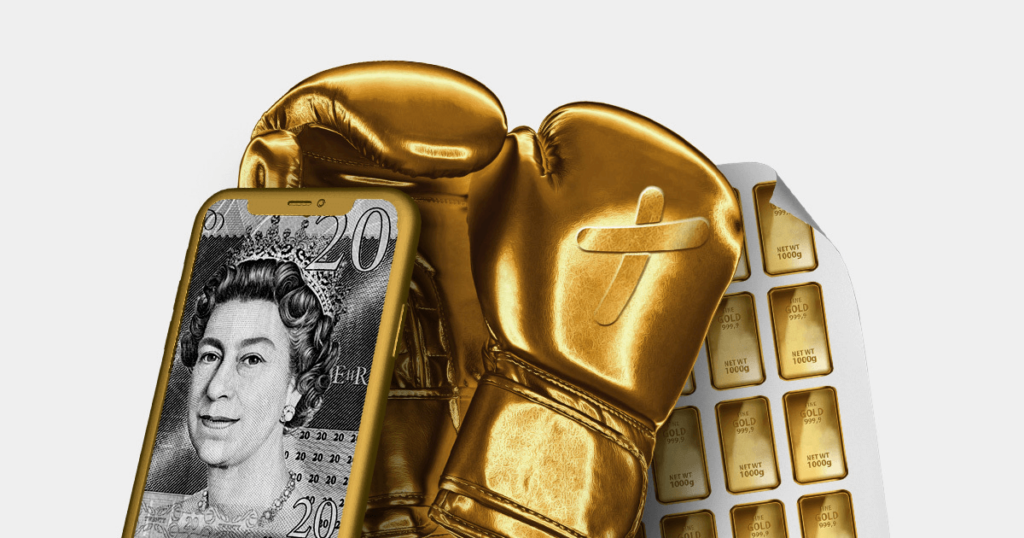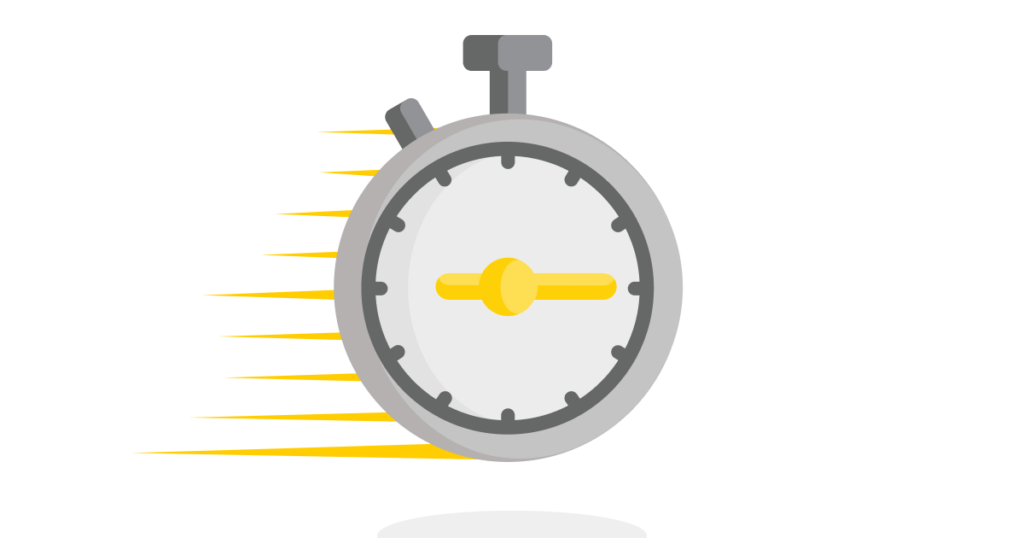ONS Confirms Inflation May Be Higher Than the BoE Expected
The Office for National Statistics (ONS) confirmed on 21st May 2025 that UK inflation surged to 3.5% in April, up from 3.2% in March and far above the Bank of England’s 2% target. This unexpected rise has rattled market expectations and complicated the BoE’s anticipated interest rate path. Forecasts from major financial analysts had placed the figure closer to 3.1%, but escalating costs in key areas pushed the Consumer Prices Index (CPI) higher than projected. According to the ONS, energy prices, including electricity and gas, played a significant role in the increase. The easing of the government’s energy bill subsidy scheme coupled with elevated wholesale prices meant households were again exposed to volatile market conditions. On top of this, higher water bills and council tax hikes exerted additional upward pressure.
This jump marks the highest inflation reading since January 2024 and highlights a deeper issue: official narratives that inflation was cooling now appear overly optimistic. As inflation persists above target, expectations for an interest rate cut have been pushed further into the future. According to The Times, investors and economists now believe that the Bank of England may have no room to move until late 2025. A previously anticipated rate cut by summer now looks increasingly unlikely.
Beyond the technicalities, this inflation report casts serious doubt on the system’s ability to protect savers and pensioners. The repeated mismatch between projected inflation rates and the lived economic reality of British households is fuelling a growing mistrust. Inflation may be treated as a temporary anomaly by institutions – but for households and small business owners, it’s a permanent strain.
Why Inflation May Signal a Deeper Systemic Failure
The Bank of England now finds itself in a policy deadlock. If it raises rates to combat inflation, it risks crushing already weak consumer confidence and growth. If it leaves rates unchanged, or lowers them prematurely, it may further entrench inflation. This conundrum reflects a more systemic issue. As The Guardian noted in its coverage, the recent inflation rise “worsens the Bank’s dilemma,” making it harder for officials to justify the monetary loosening that many had expected to follow the high-rate environment of the last two years.
But this situation isn’t just an economic balancing act. It exposes a deeper, more uncomfortable reality: inflation may not be a failure of policy – it might be a built-in feature of our financial system. The modern fiat system, which allows governments and central banks to expand the money supply virtually at will, inherently undermines currency value over time. With each quantitative easing programme, each stimulus round, and each bailout, more currency enters circulation, reducing the purchasing power of existing pounds.
For those who have grown sceptical of the mainstream narrative, this is not news. Many have long suspected that the financial rules are designed to benefit the few at the cost of the many. Seeing inflation persist despite promises of control only reinforces this belief. When currency is manipulated, when interest rates are pinned or delayed for political convenience, and when savings are devalued year after year, financial sovereignty starts to feel like an illusion.
In this light, inflation may not just be an economic threat – it’s a political one. It quietly taxes the working population without requiring parliamentary approval. It reduces the real value of pensions, savings, and wages, all while official figures often understate the true impact on everyday costs. And it does so while offering the illusion of stability.
What Inflation May Be Doing to Your Everyday Spending Power
For all the headlines and economic forecasts, the real impact of inflation is far more personal. A 3.5% CPI increase may not sound catastrophic in a spreadsheet, but it translates to real sacrifices for millions of households. According to AP News, this recent inflation jump has amplified public discontent, particularly among middle-income earners and retirees.
This isn’t just a case of numbers ticking upward. Inflation may be reshaping consumer behaviour and destabilising household budgets in ways that official figures don’t fully capture. Price rises in categories like council tax and broadband, while often overlooked in inflation discussions, are hitting hard. These are non-negotiable costs – essential services that can’t easily be reduced or avoided.
At the same time, wage growth has stalled. In real terms, the average Briton is earning less today than two years ago when adjusted for inflation. The purchasing power of the pound has weakened, and the interest paid on standard savings accounts remains well below inflation.
This erosion of value is a kind of financial erosion-by-stealth. Inflation may not grab the headlines the way GDP or unemployment figures do, but it silently chips away at the wealth of anyone who stores their money in cash. And for those relying on pensions or fixed incomes, that’s a direct threat to long-term security.
The consequences are not just financial – they’re emotional. People are tired. They’re angry. They feel that they’re being gaslit by institutions that continue to project optimism while prices rise and services decline. The notion that inflation is “transitory” or “under control” no longer aligns with lived experience. The reality is starker: inflation may be normalised at a level that quietly erodes personal savings and strips financial autonomy.
Inflation May Rise, but Gold Doesn’t Lie
As pressure on fiat currencies intensifies, more people are turning their attention to assets that cannot be printed into worthlessness. Gold continues to serve as a benchmark of trust and value, unmoved by political spin and resistant to inflationary decay. On the very day UK inflation figures were released, gold prices surged to a one-week high, reaching approximately £84,000 per kilogram, according to Reuters.
What’s notable is that this flight to gold isn’t just limited to financial institutions or central banks. Retail investors, high-net-worth individuals, and even cautious savers are all rethinking their exposure to fiat currencies. Morningstar UK highlighted that gold is increasingly being compared against both bonds and cryptocurrencies as a viable store of value. When inflation may continue climbing, and currencies continue devaluing, gold becomes less of a hedge and more of a necessity.
Why More Savers Are Turning to Gold-Based Accounts
Despite its reputation for being difficult to access or illiquid, gold is now being reimagined as spendable money. Services like TallyMoney give users a simple way to hold their savings in physical gold, measured by weight, each tally equals one milligram of real, vaulted gold. You can save, send, or spend your gold globally, with the added confidence that it’s fully insured, transparently priced, and operates outside the traditional banking system.
Unlike digital assets pegged to fiat, or speculative tokens with fluctuating trust, TallyMoney operates on a principle of simplicity and ownership. There are no hidden fees, no fractional reserve lending, and no dependency on a central bank’s next move. It’s a way to opt out quietly – with control, transparency, and full asset ownership in hand.
Inflation May Persist – But You Don’t Have to Accept It
There’s a growing awareness that waiting for policymakers to solve the inflation problem is a losing strategy. The current environment makes it harder for families to plan, for retirees to feel secure, and for anyone to hold onto the real value of their savings. While the system debates what to do next, your wealth continues to shrink.
Gold doesn’t offer promises – it offers proof. Proof of permanence. Proof of intrinsic value. When held through platforms like TallyMoney, it becomes not only a store of wealth, but a usable form of everyday money.
Inflation may be a policy reality. But it doesn’t have to be your personal one.
Protect your purchasing power now.
Move your money into gold that you own and control. Spend it when you want. Save it without compromise. Start with TallyMoney.








